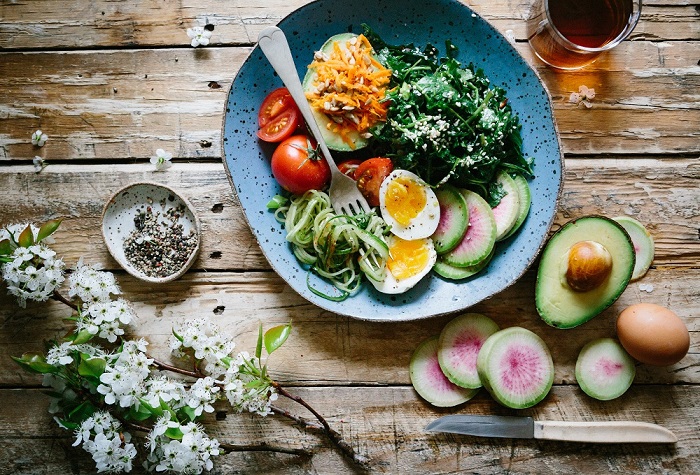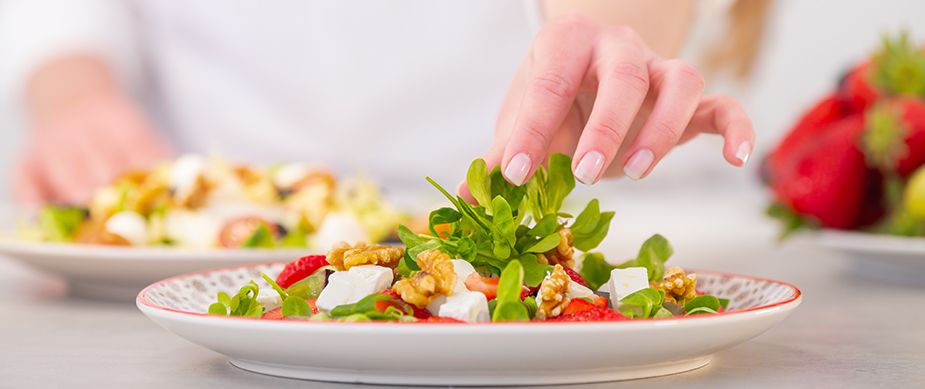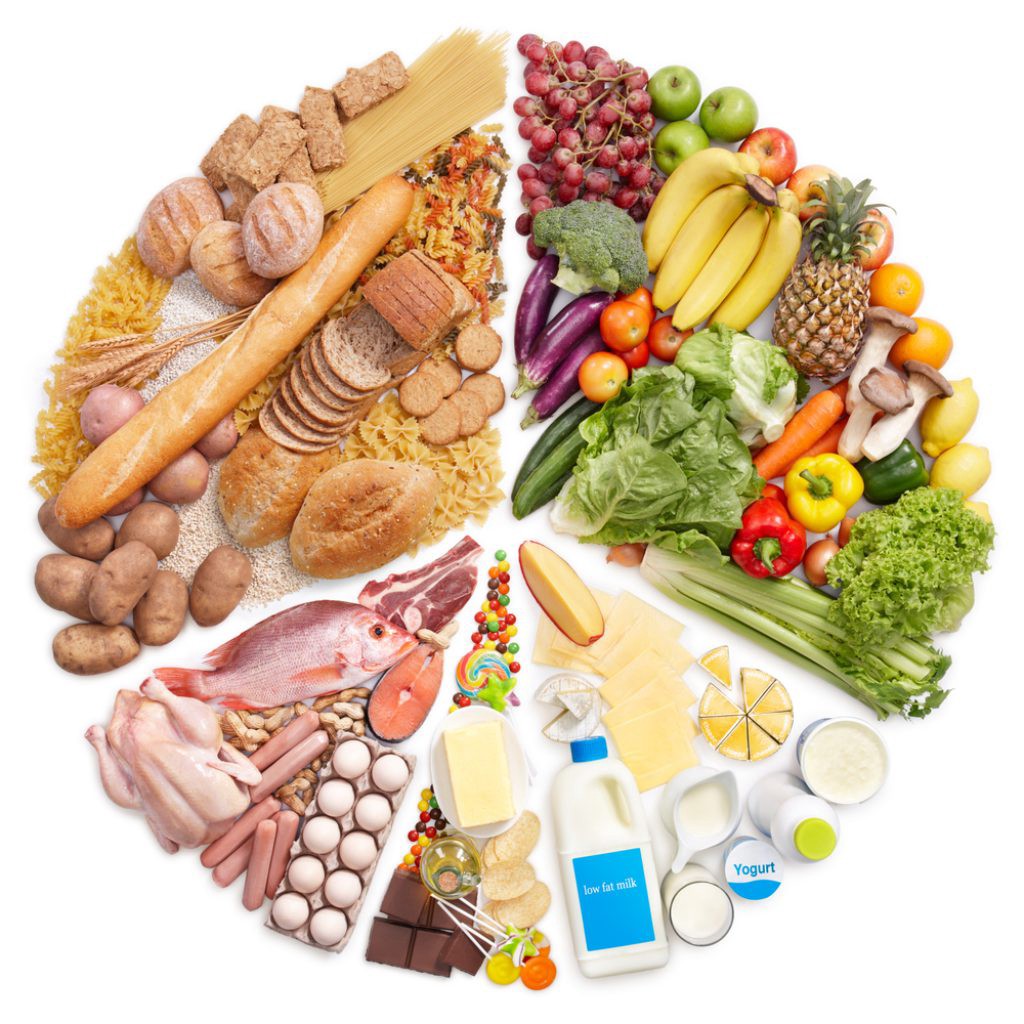College students are often under pressure, stressed and eat on the run. It can be difficult to break bad habits such as skipping meals and frequenting fast food restaurants. A healthy diet will help you to feel better and cope better with stress. It can also improve your performance in the classroom or on the sports field. It’s not difficult to start.
- Have a healthy breakfast. According to studies, skipping breakfast can negatively impact your academic performance. If you don’t have time to eat breakfast, grab a bagel, a piece of fruit, and some juice. These items can easily be stored in the residence hall room.
- Choose wisely if you have to eat fast food. You can choose a pizza with less cheese, a roast beef sandwich in ‘regular size,’ roasted potatoes or green salads with calorie-reduced dressing. Avoid high-fat foods like French fries, fish sandwiches or fried chicken.
- Healthy snacks are always handy. If you are studying late at night, this will prevent you from being tempted to buy vending machine chips, candy or ice-cream. You can choose from dried or fresh fruit, pretzels or popcorn without butter, rice cakes, whole wheat crackers, or unbuttered popcorn. Consider dipping raw vegetables in low-fat cottage cheese or yogurt if you have a fridge.
- Calcium-rich foods are plentiful. Early twenties people need to build up calcium stores in their bodies in order to avoid osteoporosis in later life. If you do not like milk, include low-fat yogurts, low-fat cheddar and green leafy veggies in your diet.
- Lose weight in a sensible way. Diets and/or starvation that promise a quick fix are usually harmful and backfire. The theories that eating certain foods together will help you lose weight are false. Exercise and a healthy diet are the only ways to safely lose weight and feel great while doing so.
- Limit your sugar intake. Sugar is a calorie-rich food, but it contains few nutrients and contributes to tooth decay. Sugar is a calorie-rich food that contains few nutrients. It also contributes to tooth decay.
- Visit the salad bar in the dining room. The salad bar in the dining hall can either be a benefit or a hindrance to your diet, depending on what you choose. Leafy greens and raw vegetables are healthy. Fresh fruits and leafy greens are also good for you. If you add a lot to your salads like bacon bits, creamy dressings and mayonnaise, then the calories and fat content may be as high or higher than a burger with fries.
- Limit your alcohol intake. Alcohol has calories, but it does not have any nutritional value. Each ounce of alcohol, glass of wine, or light beer has 100 calories. Alcohol consumption can also cause health problems.
- Water is essential for your health. You need at least 8 glasses of water a day. If you are an active person, you might require more. Carry a water bottle to class, and use it during late-night study sessions.
- Enjoy your food. Take the time to savor and enjoy your food!




